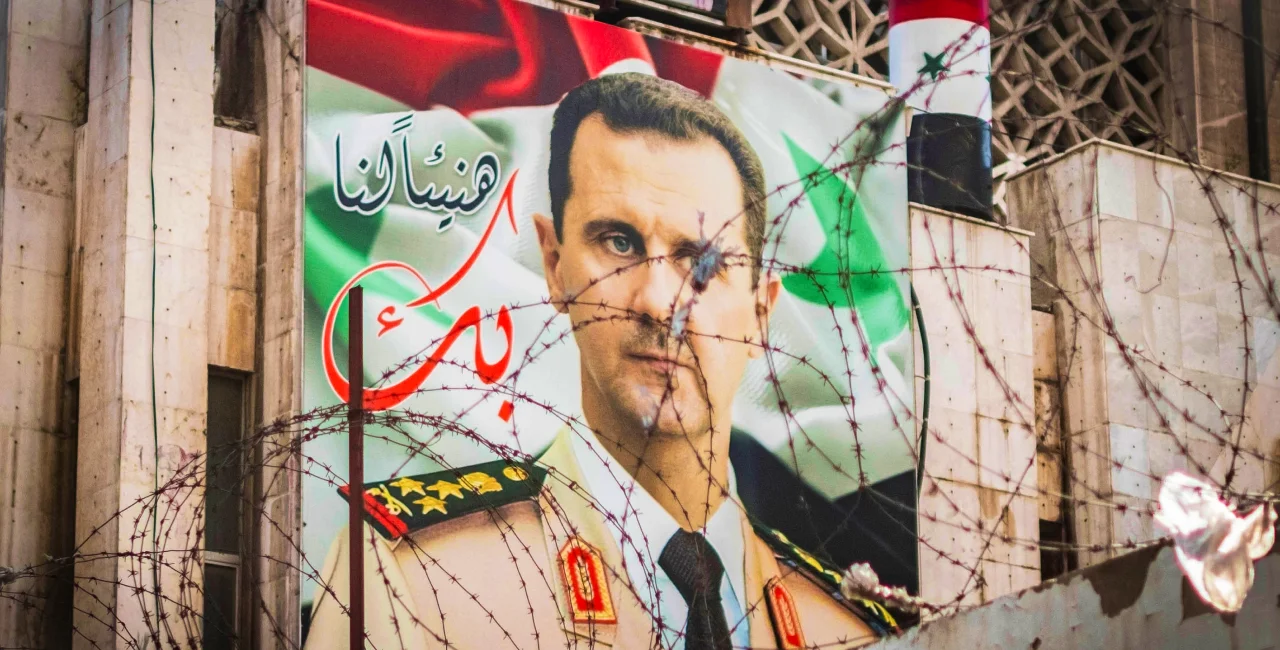The fall of Syrian President Bashar Assad's regime, announced by Syrian rebels Sunday, has sparked warnings from Czech officials about the potential ramifications for Europe, including security threats and a new wave of refugees.
Czech MEP Veronika Vrecionová took to social media to voice concerns over the uncertain future of Syria. “It is difficult to predict who will take power in Syria and whether another round of fierce civil war will break out,” Vrecionová wrote on X. “This could also mean a significant refugee wave into Europe, which is simply not ready for it.”
She also warned that Syria might again become a haven for radical Islamist groups, reminiscent of the rise of ISIS. “We are facing quite fundamental new security challenges that we will have to address,” she said.
Senate Foreign Relations Committee Chairman Pavel Fischer described Assad's fall as a historic moment with far-reaching consequences. Speaking to the Czech News Agency, Fischer noted the geopolitical shift.
“Iran will no longer have such easy access by land to Hezbollah fighters in Lebanon as it has had until now,” he said. However, Fischer emphasized the urgent need for humanitarian aid. “Humanitarian needs are huge in the shattered region. Militant groups are settling scores, the economy is not functioning. Winter is coming,” he warned.
Fischer expressed concern about the security risks posed by some refugee groups. “I will be interested to see how effectively the Czech Republic can act on behalf of those most in need,” he added.
Radek Vondráček, deputy chairman of the opposition movement ANO, acknowledged the relatively peaceful transfer of power but remained cautious about the long-term stability of the region. “Assad's government was autocratic but secular. Our experience after the overthrow of Saddam Hussain in Iraq or Muammar Gaddafi in Libya shows that what follows such regimes is often not better,” he said.
Vondráček noted that some rebel groups have ties to Al-Qaeda, raising concerns about regional instability, threats to Israel, and potential refugee flows, including vulnerable minorities like Christians and Kurds.
Syrian rebels announced Sunday morning via a televised statement that they had liberated Damascus, overthrown the Assad regime, and freed prisoners. Meanwhile, the Syrian army claims it is continuing operations against what it describes as terrorists, according to news agencies.












 Reading time: 2 minutes
Reading time: 2 minutes 



























